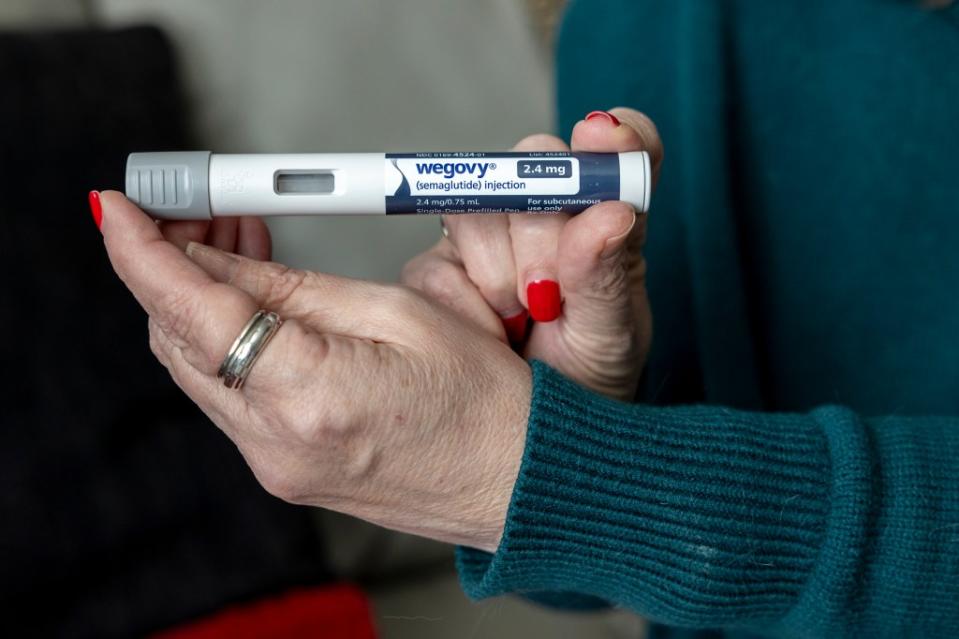The No. 1 mistake that weight-loss drug users are making is revealed in new study

They dropped the weight, so they’re dropping their weight-loss drug.
Most people taking GLP-1 drugs like Ozempic and Wegovy do not stay on their prescribed treatment for a minimum of 12 weeks — more than 30% of patients ditch it after just four weeks, a new report from the Blue Cross Blue Shield Association finds.
People 18 to 34 years old and those in underserved health regions are more likely to drop out of treatment sooner, according to an analysis of 169,250 health insurance claims made between 2014 and 2023. The report’s authors say it’s “critical” people take these drugs “long enough to achieve clinical success.”

1.7% of Americans were prescribed a semaglutide medication last year, research shows.
These drugs mimic GLP-1 — the hormone the body naturally produces after eating — so users feel full faster and longer.
People tend to shed 15% to 20% of their weight on these injectable meds, although about ⅓ of users lose only around 10%, according to Columbia University’s Department of Surgery.
Most people stop taking the weight-loss drugs within a year, research has found.
“Users of these weight-loss medications typically stop taking them because they see results,” Dr. Steven Batash — a gastroenterologist and leading physician at Batash Endoscopic Weight Loss, which has an office in Queens — told Prevention last week.
The report authors noted that people may stop treatment before six weeks because of early side effects. Common side effects include nausea, diarrhea, stomach pain, vomiting and constipation.

Costs — such as copays (the flat fee you pay for a doctor visit or prescription) and coinsurance (the amount you pay after meeting your deductible) — play a factor in the continuation of weight-loss drugs as well.
Individuals with monthly costs lower than $60 are significantly more likely to stay on the meds compared to people paying more. The average monthly list price for semaglutide is over $1,000, according to the Blue Cross Blue Shield Association report.
Dr. Michael Russo, a board-certified bariatric surgeon in Orange County, California, says his patients who stop their weight-loss drugs early most often blame the cost.
“Just because something is covered by the insurance doesn’t mean it’s not a prohibitive cost,” Russo told Prevention.

No matter the reason, the Blue Cross Blue Shield Association advises patients, on average, to “complete at least 12 weeks of continuous treatment to achieve a level of weight loss that will positively impact their health.”
Studies show that those who quit typically regain two-thirds of the weight they lost on the meds.
“These medications have proven to be a potent tool in treating obesity, provided they continue taking the medication,” Batash said.

